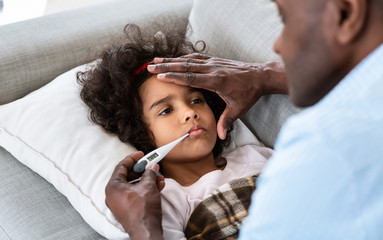Gastroenteritis happens when an infection enters the body, and the digestive system becomes inflamed. The leading causes include a virus, bacteria, or other toxins. The symptoms typically only last a few days, but it is extremely contagious. If you are experiencing any of the symptoms mentioned, visit AFC Urgent Care West Hartford. Our physicians will be able to recommend the best type of treatment to have you feeling your best again.
Symptoms & Causes of Gastroenteritis
The most common symptoms of gastroenteritis include diarrhea and vomiting. Headache, fever, and overall nausea can also happen for some patients. Dehydration symptoms are also possible since dehydration can be a risk in healthy adults and children. It’s important to watch for these symptoms, especially in children, as it can result in hospitalization. Signs can include being extremely thirsty, having dry skin or a dry mouth, and children crying with no tears.
Rotavirus or norovirus is the most common cause of gastroenteritis. Norovirus is the leading cause of foodborne disease in the United States. Bacteria such as e. Coli and salmonella can also cause gastroenteritis. This is typically caused by uncooked poultry or eggs. Lastly, gastroenteritis is spread through close contact with someone who has the virus and contaminated food or water. If someone uses the bathroom with gastroenteritis, it’s important to disinfect the surfaces and thoroughly wash your hands to avoid getting sick.
How to Treat Gastroenteritis
There is no medication that can be prescribed to help combat gastroenteritis. Treatment options are typically measures you can take at home. It is important, however, to watch for warning signs of dehydration. At-home measures can include drinking clear fluids such as water, clear broths, or noncaffeinated sports drinks. Toast, bananas, rice, and chicken are all foods that are easy to digest. Avoid eating for the first few hours of symptoms to help settle the stomach, and try eating those foods as you ease yourself back in.
Lastly, be sure to get plenty of rest. For any illness, your immune system needs to be at its best to fight off the virus. Sleeping while tired and staying in bed or on the couch can help give your immune system a chance to heal.
Prevention Tips
Wash your hands frequently, and teach your children to wash their hands frequently, as well, especially after using the bathroom. If someone in your household is sick, try and use separate bathrooms if possible. If not, be sure not to share any towels and disinfect all surfaces after the ill person uses the bathroom. Doorknobs and countertops should be disinfected frequently as well. Avoid close distance with someone who is sick to avoid getting it.


